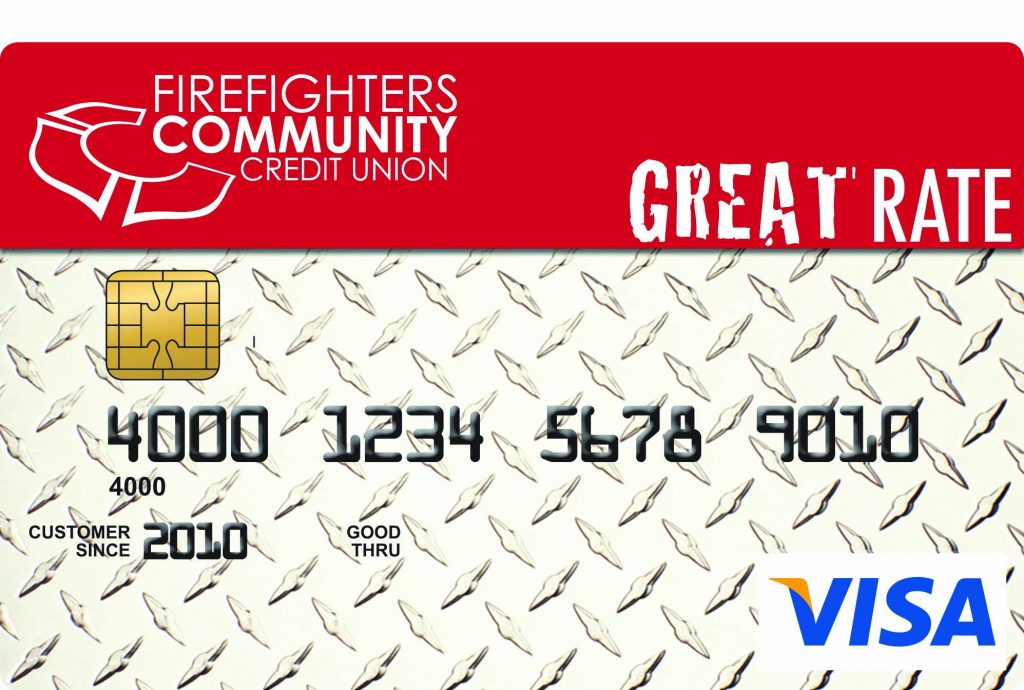Hey, Millennials! Are You Making These Credit Card Mistakes?

Credit cards are a nice thing to have. After all, if you want to travel, spend a little extra during the holidays, or buy a large-ticket item like a Smart TV, you can use a card.
But if you misuse your credit, you may damage your financial health. And if you don’t know what benefits each one has, you may miss out on saving that may be best for you.
Developing great financial habits can positively impact your finances. To help you get them into better shape and keep them healthy, we’re giving you the top credit card mistakes to avoid.
Millennials Avoid Making These Top Credit Card Mistakes
Not Knowing Your Cards APR
Do you know the Annual Percentage Rate (APR) on your credit cards? If you don’t, you may be racking up significant debt in interest fees alone. It’s important to know how much you’re paying in interest. A balance transfer card may have a lower Annual Percentage Rate (APR) and help you to save more money each month.
Carrying a Balance Each Month
A good financial rule is not to carry a high balance on your credit cards; it’s good practice to use only 30% of the credit available to you. For instance, if one of your cards has a limit of $7,000, you would want to keep your balance at $2,100 or less. Even if you pay off your credit card balances each month, you may still want to take a conservative approach to the amount you spend.
Not Redeeming Your Points Before They Expire
Do some of your credit cards have rewards? You may not know that they have a pre-determined expiration, typically 2-3 years? Once these expire, you can’t redeem them. Use your rewards because they may save you money on travel, shopping, and more.
Opening Too Many Credit Cards to Get the Rewards
Free travel, hotel deals, rental car deals, and other cashback rewards sound great, but you may want to hold off on opening credit cards just for the perks. And if you have multiple credit cards, you may not be able to manage your money. While the rewards may make it sound like you’re getting free money or perks, the debt you rack up may not be worth it.
Closing Older Credit Cards
Believe it or not, closing older credit cards may hurt your credit. That doesn’t mean you can’t close them, you just need to weigh the pros and cons. There are situations where closing your cards may be necessary even with the potential consequences:
- You have a secured card, and you want your deposit back.
- You’re spending too much money and want to save more.
- You don’t use your card or get enough out of it to justify paying the annual fee.
Maxing Out Your Credit Lines
Getting a new line of credit is exciting and allows you to make large purchases. But maxing out your credit limits may signal to creditors that you could potentially default on your balances. Plus, it may affect your utilization ratio (percentage of your total available credit), which is an important aspect of your credit score. Keep your total debt-to-credit-ratio below 30 percent and consider putting off large purchases until your credit limit increases.
Not Paying Your Bills on Time
When you pay your bills late, not only do you incur more debts, but you may also face penalties such as having to pay a late charge in addition to your minimum payment. You may even hurt your credit score, and if negative remarks show on your credit report, they may damage your FICO score. If your credit score is reduced, lenders may deny your loan applications. Why? Because they won’t have the confidence that you’ll make your payments. Also, you may get rejected by employers who perform credit checks. Always pay your bills on time, and if you will be late, contact your creditors immediately and discuss your options.
Using Your Credit Cards for Everyday Items
Unless you earn rewards on fast food or groceries or pay these off every month, you probably want to avoid using your credit card. If you tend to carry a balance, daily items like toiletries and cleaning products may cost you more money than you think. If you can’t pay for your living expenses with cash, create a budget, and reduce your spending where possible.
Taking Cash Advances
Cash advances act as short-term loans against your available line of credit on your credit cards. They’re a convenient way to get cash fast, but you’ll have to pay fees and high-interest rates associated with them, which may hurt your financial health in the long run. Unless you have an emergency and don’t have enough funds in your emergency savings account, avoid taking cash advances. An alternative would be to get a personal loan.
The FFCCU Great Rate Credit Card May Work for You
A proper money management practice is to review your finances each year. And if you tend to carry a balance on your credit cards, you may be interested in applying for our Great Rate VISA Credit Card. You’ll enjoy a 1.99% introductory APR for 12 months (balance transfer must be made within 60 days), a $0 balance transfer fee, and no annual fee. To see how much you can save, use our calculator.
We hope you enjoyed this post on the credit card mistakes to avoid. After all, increasing your financial literacy can lead to substantial wealth. And if you’d like help with improving your financial wellness, you may want to contact our partners at GreenPath Financial Wellness. They can create a solution that will work for your situation.
Did you like this blog post? Sign up here to receive helpful information each month right in your inbox.
Posted In: Lending, Tips For Managing Finances




